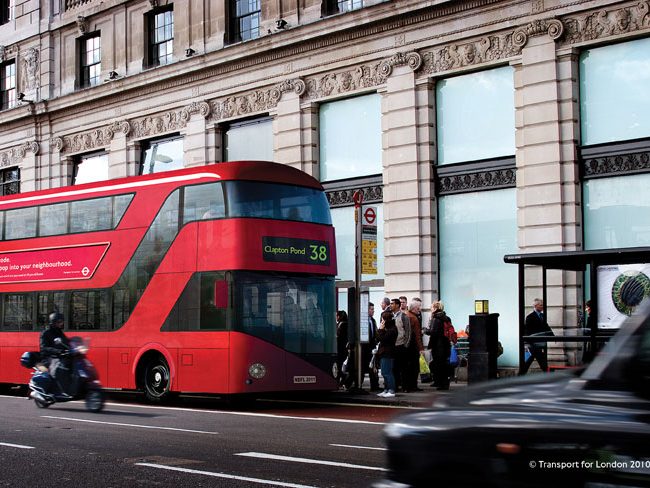Cost of Living Support
Money and Debt Management
Help on Your Doorstep works with partners to provide one-to-one advice appointments about debt and/or welfare benefits. Contact the General Enquiries line on 020 3931 6080, and they will aim to set up an appointment within one week of receiving your call or email. Clients will be supported at these appointments by partners Islington’s Peoples Rights, Citizens Advice Islington and Islington Law Centre.
Islington People’s Rights provides an independent specialist welfare benefits and debt advice service to Islington residents
Citizens Advice Islington has trained volunteers and specialist caseworkers who provide free, confidential and independent advice to Islington residents, on a wide range of issues including welfare benefits, debt and consumer. Contact them on Tel: 0300 330 1197 10:00am-4:00pm Monday to Friday (calls charged at the local rate) including webchat, or through Help on Your Doorstep. Universal credit claims free helpine 0800 1448 444 (free helpline) includes webchat.
Debt Free London: Advice hubs across London based in local Citizens Advice, Law Centres, and other community settings. Find your nearest Debt Free Advice Centre here. Contact via Freephone 0800 808 5700 or set up an in-person advice session at an advice centre or over video.
National Debtline National Debtline is a charity that offers free and independent debt advice over the phone and online. Call 0808 808 4000 or webchat with an adviser through their website.
Step Change provide free, flexible debt advice based on a comprehensive assessment of your situation. They will then provide practical help and support for however long it’s needed. Call 0800 138 1111 Monday to Friday 8:00am to 8:00pm and Saturday 8:00am to 4:00pm for debt and financial advice or contact them through their website.
Free Legal Drop-in at Parish of Old St Pancras provides free assistance with consumer rights, housing and crime. Every Wednesday 6:30pm to 7:30pm next to the main Sainsbury’s in Camden Town.
Money A+E provides money advice & educational services to disadvantaged groups, Diverse Ethnic Communities (DEC) and young people. Contact them via email: info@moneyaande.co.uk or phone: 020 8616 3750.
A Benefits Calculator is supplied by Turn2us, a free, independent charity which helps people access the money available to them – through welfare benefits, grants and other help.
Islington Council Income Maximisation Team will check your benefits to make sure you are getting the correct money. They will also support you to make benefit and tax claims, help you challenge and appeal benefit decisions, advise you on how working can make you better off, look at how much help you may get with childcare costs, help you with your benefits when you start work or have a change in circumstances, advise and support with benefit changes such as ‘Bedroom Tax’, Benefit Cap and Universal Credit. Contact them on Freephone: 0800 731 8081 or 020 7527 8600 or via email Claimit@islington.gov.uk. Lines are open from 9:30am to 4:30pm Monday to Friday.
Islington Resident Support Scheme provides support to residents facing severe financial hardship and in need of one off or temporary help with urgent living costs. Individuals cannot apply directly to the RSS. If you are an Islington resident and think the RSS might be able to help, you will need to contact an organisation who can make an application on your behalf. This might be a housing officer, the customer service team at 222 Upper Street, or another member of the council team. Most housing associations can apply for you, and many charities are also able to apply, including Help on Your Doorstep, AgeUK Islington and Islington Mind.
Cloudesley provides grants for Islington residents who have health issues (mental and/or physical) or who are disabled and who are in financial need.
Worrying About Money – step-by-step guides identify which local agencies are best placed to help people maximise income and access any existing financial entitlements
Reducing Bills and Outgoings
- Look at getting a smart meter installed in your property if you don’t have one fitted already.
- Turn lights off when not in use. Leaving one standard 60W light bulb on all day (12 hours) could cost you 20p per day* that’s £73 per year per light left on.
- Switch to low-energy LED bulb throughout your home. LED bulbs use 90% less electricity than standard bulbs while providing the same level of lighting.
- Close your curtains at dusk to prevent heat from excaping.
- Use a cooler wash setting to do your laundry, washing at 30 degrees can save as much as 40% compared to washing at higher temperatures. Use shorter washes when freshening up clothes.
- Electric showers are one of the biggest energy consumers – try reduce down the time spent in an electric shower when possible.
- Towel dry hair to reduce instead of using a hairdryer.
- Try cooking in a microwave instead of an oven.
- Try batch cooking to make the most of the energy you’re using.
- Unplug or switch off devices at the wall around the home when not in use – items plugged in (even on standby) still draw electricity, which could rack up if you have a lot of items plugged in.
- Put draft excluders against draughty doors and windows.
- Turn taps off so they don’t leak.
- Dry clothes outside when it is not raining.
- Try reduce down your grocery bill by using apps like ‘Too Good to Go’.
Broadband
Swap your mobile or internet provider. Start by using a comparison website such as compare the market, confused.com, Money Supermarket or Uswitch and see if your provider can match or beat it. Contact your Broadband provider to see if they have a social tariff that you could switch to – you may be able to reduce your costs.
Social tariffs are special discounted deals available for low-income customers. You’re likely to be eligible if you receive a means-tested benefit, such as Universal Credit, Pension Credit or legacy equivalents. Broadband social tariffs start at £15.00 per month. Social tariffs are usually not subject to price rises or exit fees.
You could save an average of £250 per year by switching from your current broadband deal to a social tariff, and eligible customers of some providers could make even bigger savings.
Some Broadband providers provide reduced tariffs for eligible customers. Ofcom have provided a list.
Often, these tariffs aren’t very well advertised and broadband firms won’t ask you if you might be eligible for a social tariff, so always best to ask them.
Energy and Water
Contact your water provider to see if you are eligible for a social tariff – you may be able to reduce your costs.
Contact your energy provider to ask about social tariffs and talk to them about your bills and payments to see if they can help reduce your costs.
You may be eligible for specific advice and support with your energy costs. Energy and money-saving service LEAP offers free advice.
Once you’ve found a lower price, make a note of it and then call up your current provider and ask if they can beat it.
A third of home heat is lost through the roof – insulating your loft space can save as much as £215 per year on energy bills. Look at Simple Energy Advice to find out if you might be eligible for grants to help with improving the efficiency of your home.





